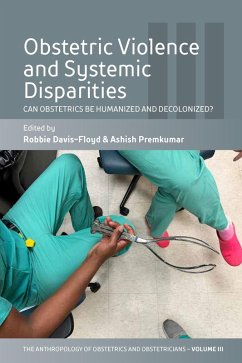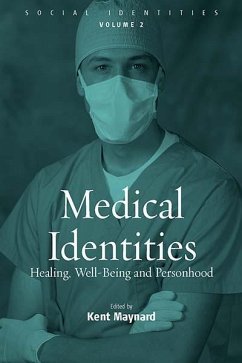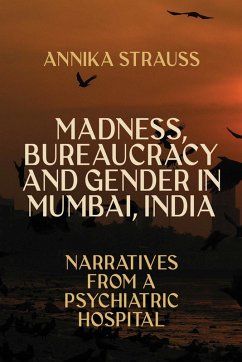
Configuring Contagion (eBook, PDF)
Ethnographies of Biosocial Epidemics
Redaktion: Meinert, Lotte; Seeberg, Jens
Versandkostenfrei!
Sofort per Download lieferbar
18,95 €
inkl. MwSt.
Weitere Ausgaben:

PAYBACK Punkte
9 °P sammeln!
Expanding our understanding of contagion beyond the typical notions of infection and pandemics, this book widens the field to include the concept of biosocial epidemics. The chapters propose varied and detailed answers to questions about epidemics and their contagious potential for specific infections and non-infectious conditions. Together they explore how inseparable social and biological processes configure co-existing influences, which create epidemics, and in doing so stress the role of social inequality in these processes. The authors compellingly show that epidemics do not spread evenl...
Expanding our understanding of contagion beyond the typical notions of infection and pandemics, this book widens the field to include the concept of biosocial epidemics. The chapters propose varied and detailed answers to questions about epidemics and their contagious potential for specific infections and non-infectious conditions. Together they explore how inseparable social and biological processes configure co-existing influences, which create epidemics, and in doing so stress the role of social inequality in these processes. The authors compellingly show that epidemics do not spread evenly in populations or through simple coincidental biological contagion: they are biosocially structured and selective, and happen under specific economic, political and environmental conditions. This volume illustrates that an understanding of biosocial factors is vital for ensuring effective strategies for the containment of epidemics.
Dieser Download kann aus rechtlichen Gründen nur mit Rechnungsadresse in A, D ausgeliefert werden.













